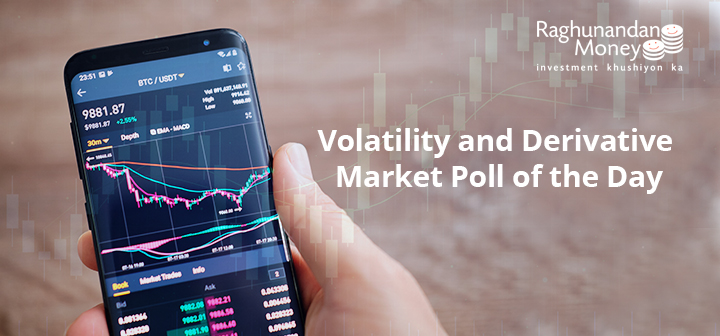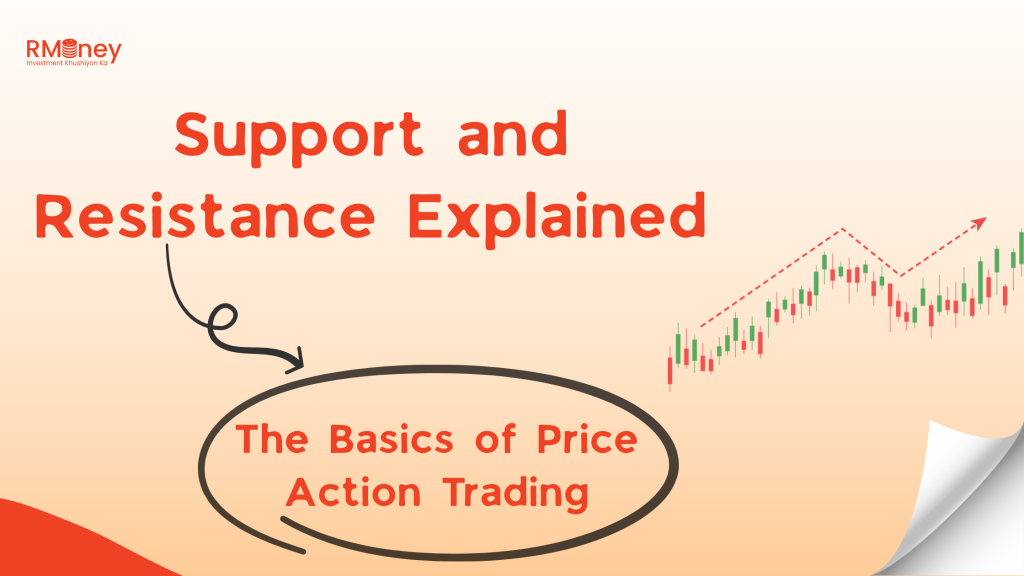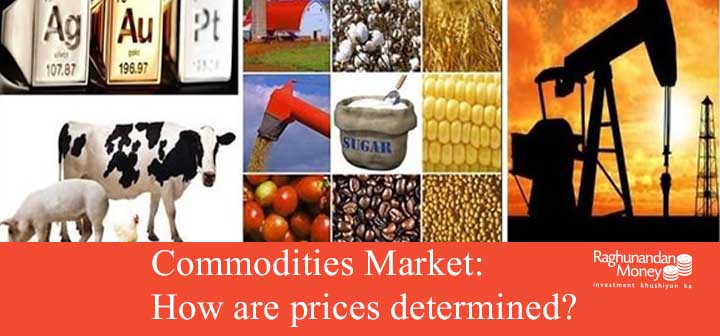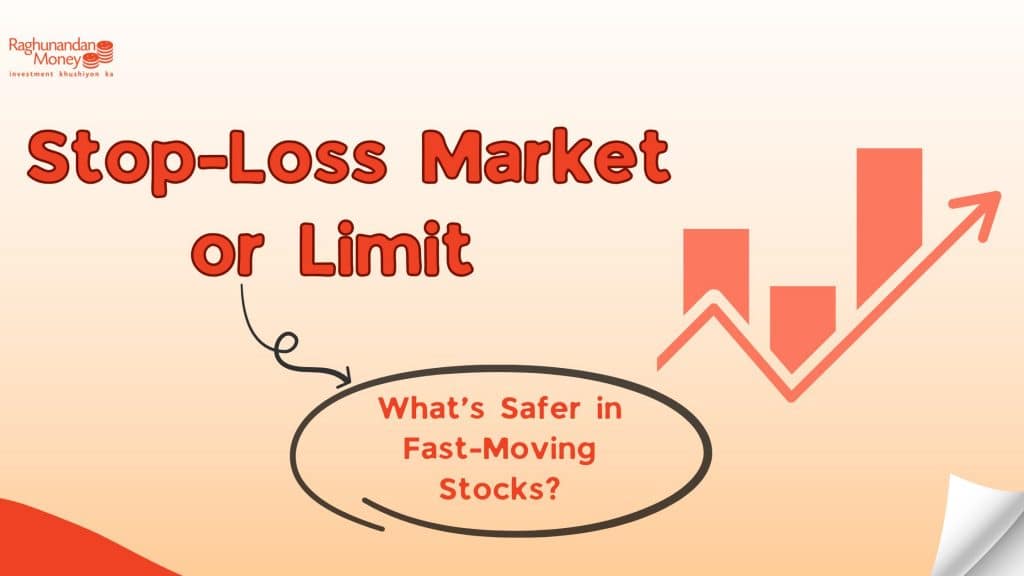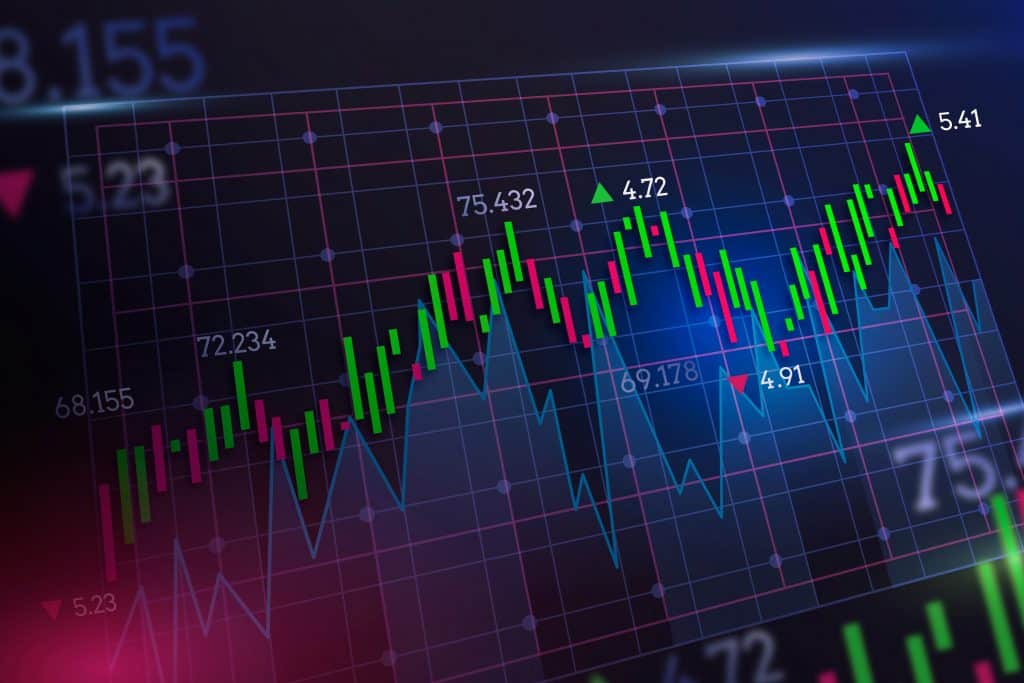“Derivative markets want volatility, that’s where all the trading opportunities present itself,” says Azila Abdul Aziz, the CEO and executive director, head of listed derivatives, of Kenanga Futures Sdn Bhd.
Investors remain anxious about the prospects of increased volatility and uncertainty in the capital markets whereas futures traders welcome markets that are in a continuous state of flux.
In order to analyze the impact of market volatility on the derivative market in India, it is essential to understand the derivative market first.
The derivative markets can be defined as the financial market for derivatives (a derivative is a contract that derives its value from the performance of an underlying entity.) and financial instruments namely futures contracts or options, that derive their value from other forms of assets.
Types of Derivative Contracts:
There are four types of Derivative contracts that you must know before making choices in a commodity market:
Options- Options are financial derivative contracts that give the buyer the right, but not the obligation, to buy or sell an underlying asset at a specific price during a specific period of time.
Futures- These contracts are standardized one as they are traded on the exchange market and allow the holder of the contract to buy or sell the respective underlying asset at an agreed price on a specific date. Futures contract parties not only possess the right but also are under the obligation, to carry out the contract as agreed.
Forwards- These contracts also possess the right and obligation to carry out the contract as agreed similar to futures contracts. However, forwards contracts are over the counter products, which means they are not regulated and are not bound by specific trading rules and regulations therefor, they are customizable to suit the requirements of both parties involved.
Swaps-When derivative contracts involve two holders, or parties to the contract, to exchange financial obligations are called Swaps. They are traded over the counter and not traded on the exchange market.
Who facilitates trading in derivatives?
There are many platforms available for derivatives trading namely, NSE, BSE, and Multi Commodity Exchange. While MCX deals with commodities and NSE and BSE deal exclusively in stocks. These platforms enable you to trade in derivatives instruments and future and options are the most common type of derivatives in India.
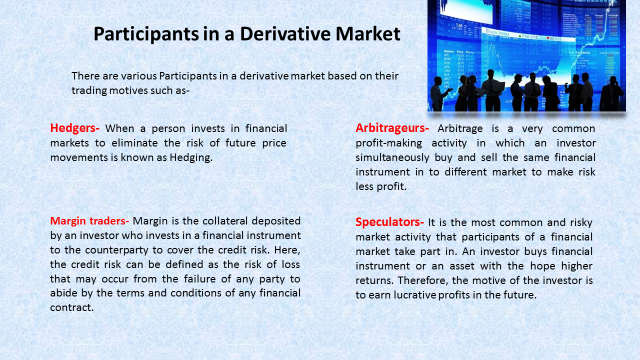
How will market volatility impact trading in the derivatives market?
Before understanding whether volatility affects the derivatives market favorably; let’ shave a look at what is volatility and factors that affect the volatility of the market.
Any market is called “volatile” when the stock prices rise and fall more than one percent over a sustained period of time.
Volatility means the amount of uncertainty or risk associated with the size of changes in a security’s value. It shows that the price of the security can change dramatically over a short period of time in either direction. A lower volatility means that a security’s value does not fluctuate dramatically, and tends to be stable.
Factors Affecting Volatility
There are a number of various regional and national economic factors (tax and interest rate policies) that can significantly contribute to the directional change of the market and influence volatility to a large extent. For instance, in many countries, when a central bank sets the short-term interest rates for overnight borrowing by banks, their stock markets often violently react.
Apart from that, there are various industry and sector factors that can influence long-term stock market trends and volatility as well. Changes in inflation trends also influence the market volatility. For example, a major weather event in a key oil-producing area can result in a rise in oil prices, which eventually increase the price of oil-related stocks.
Traders always look for “hot” news and enter the market first before others, so that they can make quick profits. Basically, derivative markets require market volatility, that’s where all the trading opportunities present itself.
Let’s understand it by an example;
If the news is unfavorable for investors, the expected impact would naturally be a sell-down in the market. So what the investor should do? Sell futures. When the price drops, an investor tends to choose a point to buy back and close the earlier futures position that you had sold. Trade has done!
Futures traders make great efforts in dealing with volatility. They move in swiftly, analyze, and make a decision on where he/she thinks the best possible option.

Stock Trading Now trade in ₹9 Per Order or ₹ 999 Per Month Plans.
Future & Options Access F&O contracts with advanced tools for hedging and speculation.
Currency Trading Trade in major currency pairs and manage forex exposure efficiently.
Commodity Trading Diversify Trading with MCX & NCDEX by Trading in Gold, Silver, Base Metals, Energy, and Agri Products.
Margin Trading Funding Boost your buying power with upto 5X, Buy now Pay Later
Algo Trading Back test, Paper Trade your logic & Automate your strategies with low-latency APIs.
Trading View Leverage Trading View charts and indicators integrated into your trading platform.
Advanced Options Trading Execute multi-leg option strategies with precision and insights.
Stock Lending & Borrowing Earn passive income by lending stocks securely through SLB.
Foreign Portfolio Investment Enable NRIs and FPIs to invest in Indian markets with ease and compliance.
IPO Invest in upcoming IPOs online with real-time tracking and instant allotment updates.
Direct Mutual Funds 0% Commissions by investing in more than +3500 Direct Mutual Fund Scheme.
Corporate FDRs Earn fixed returns with low-risk investments in high-rated corporate fixed deposits.
Stocks SIPs Build long-term wealth with systematic investment plans in top-performing stocks.
Bonds & NCDs Access secure, fixed-income investments through government and corporate bond offerings.
Depository Services Safely hold and manage your securities with seamless Demat and DP services with CDSL.
Journey Tracing our growth and milestones over time.
Mission & Vision Guided by purpose, driven by long-term vision.
Why RMoney Platform Smart, reliable platform for all investors' needs.
Management Experienced leadership driving strategic financial excellence.
Credentials Certified expertise with trusted industry recognition.
Press Release Latest company news, updates, and announcements.
Testimonials Real client stories sharing their success journeys.
7 Reasons to Invest Top benefits that make investing with us smart.
SEBI Registered Research Trusted insights backed by SEBI-compliant research.
Our Technology Advanced tools enabling efficient online trading.
Calculators Access a suite of smart tools to plan trades, margins, and returns effectively.
Margin Calculator Instantly check margin requirements for intraday and delivery trades.
MTF Calculator Calculate MTF funding cost upfront to ensure full transparency before placing a trade.
Brokerage Calculator Know your exact brokerage charges before placing any trade.
Market Place Explore curated investment products and trading tools in one convenient hub.
RMoney Gyan Enhance your market knowledge with expert blogs, videos, and tutorials.
Performance Tracker Track our research performance with full transparency using our performance tracker.
Feedback Share your suggestions or concerns to help us improve your experience.
Downloads Access important forms, software, and documents in one place.
Locate Us Find the nearest RMoney branch or service center quickly.
Escalation Matrix Resolve issues faster with our structured support escalation process.
Back Office Log in to view trade reports, ledger, and portfolio statements anytime.
Account Modification Update personal or bank details linked to your trading account.
Fund Transfer Transfer funds instantly online with quick limit updation to your trading account.
Bank Details View our registered bank account details for seamless transactions by NEFT, RTGS or IMPS.
How to Apply IPO Step-by-step guide to apply for IPOs using your trading account.
RMoney Quick Mobile App Trade on-the-go with our all-in-one mobile trading app.
RMoney Quick login Quickly access your trading account through the RMoney Quick web-based trading.
RMoney Rocket Web Version Experience powerful web-based trading with advanced tools for algo traders.
RMoney Rocket Mobile Version Trade anytime, anywhere with our feature-rich mobile trading platform.
